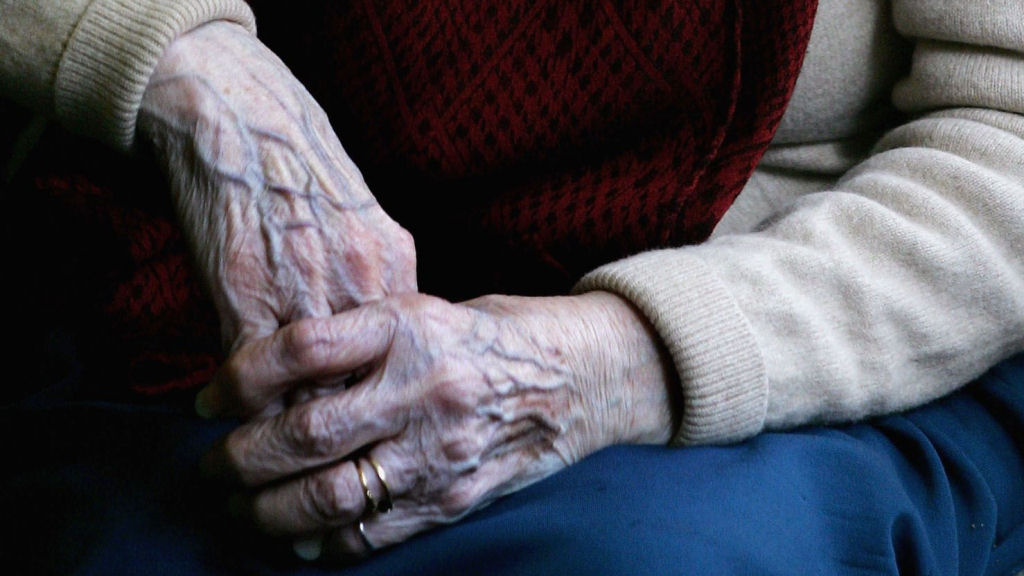Patients struck off GP lists ‘without warning’
Some GPs are striking patients off practice lists without warning and breaking NHS rules, according to the health service ombudsman.

More than one in five of complaints about GPs investigated by the health ombudsman last year were about people being removed from GP patient lists, an increase of 6 per cent since 2009/10.
Ann Abraham said aggression or abuse from patients were “never acceptable” but NHS contracts obliged GPs to give a warning before removing patients, with the exception of cases where this would pose a risk or was unreasonable to do so.
She said there was evidence that some GPs were not following British Medical Association (BMA) guidance that the behaviour of one family member should not mean the automatic removal of other relatives.
“In the cases we have seen, GPs have applied zero tolerance policies without listening to and understanding their patients or considering individual circumstances,” she said in her report.
“Decisions to remove a patient from their GP’s list can be unfair and disproportionate and can leave entire families without access to primary healthcare services following an incident with one individual.”
Her office accepted 13 complaints for investigation about removal from GP patient lists and completed 10, all of which were upheld, she said in a review of complaint handling by the NHS in England in 2010/11.
Channel 4 News special report: NHS reform and cuts
Patient ‘totally distraught’
In one case investigated by her office, a terminally ill woman was struck off a GP list just weeks before her death after her daughter, a registered nurse identified only as Miss F, changed a failed battery on a device administering medication to her mother.
Ms Abraham said no warning was given to the dying woman of the move – nor to Miss F and her sister, who were also struck off by the GP practice.
The action was described by Miss F, who had been caring for her mother at home, as having left her mother, who had no involvement in the disagreement, “totally distraught” in the last weeks of her life.
Miss F also complained that she had been forced to waste precious last moments with her mother trying to persuade the GP practice to take them back on to their books.
Overall, Ms Abraham said progress made by the NHS to improve the way it deals with complaints was “patchy and slow” with too many minor disputes brought to her office before they are resolved.
More on the NHS
-

Cuts put sickest babies at risk, says charity
17 October 2011
-

One in five hospitals failing elderly patients
13 October 2011
-

Health reform protesters block Westminster Bridge
09 October 2011
-
Latest news







